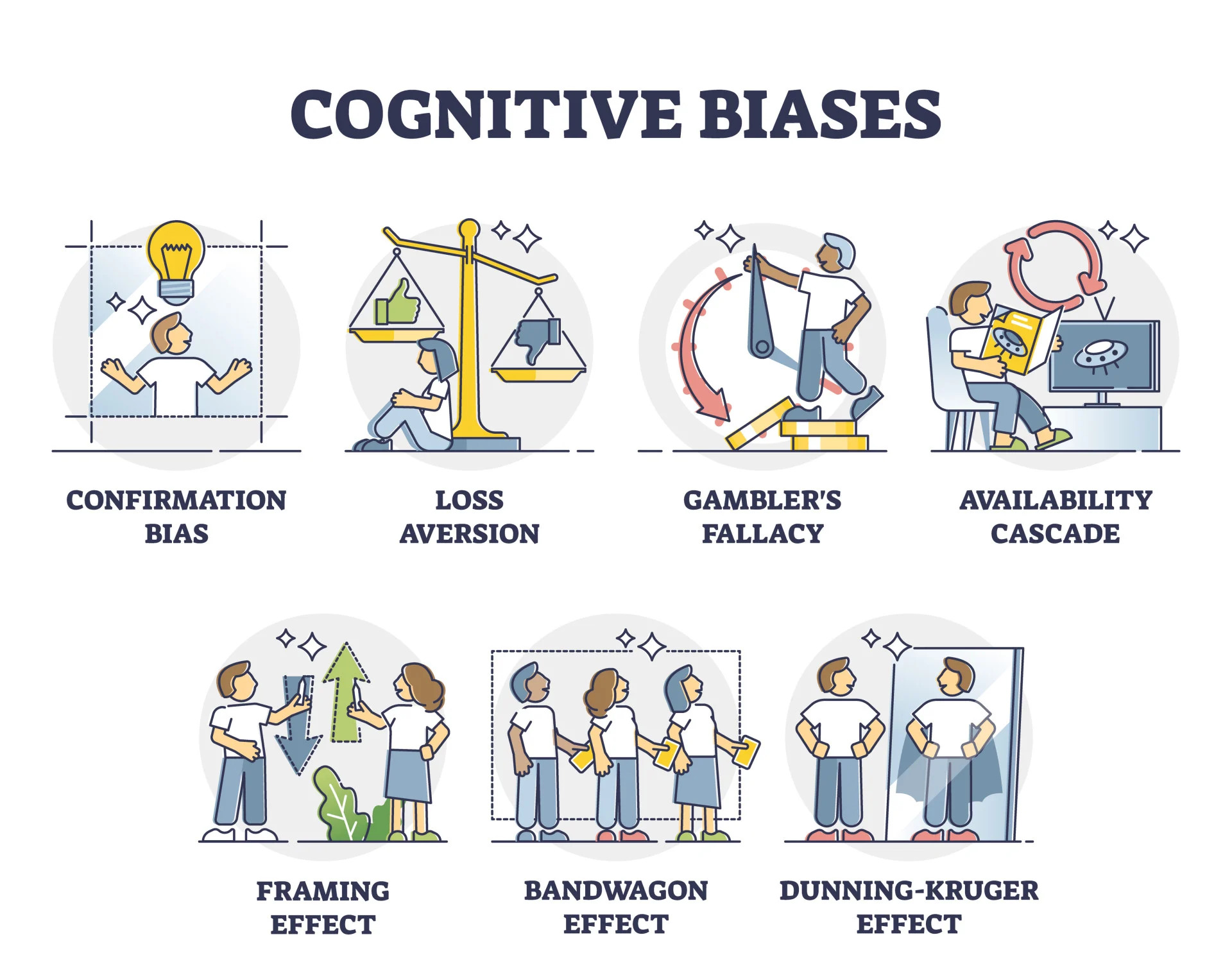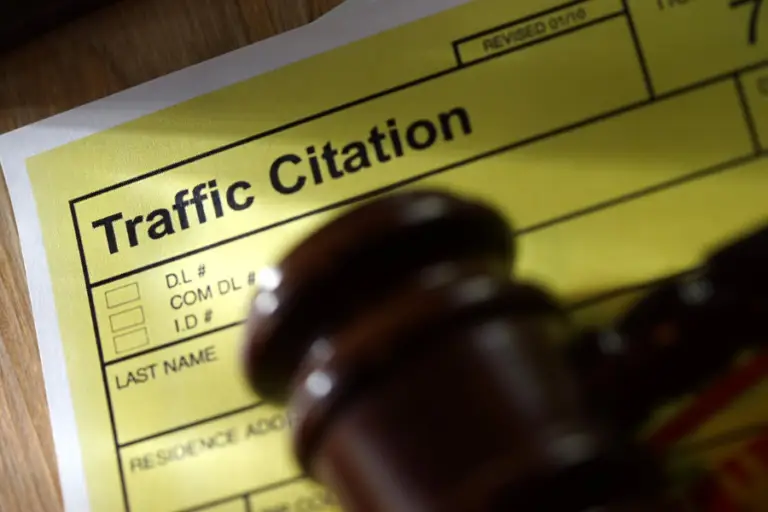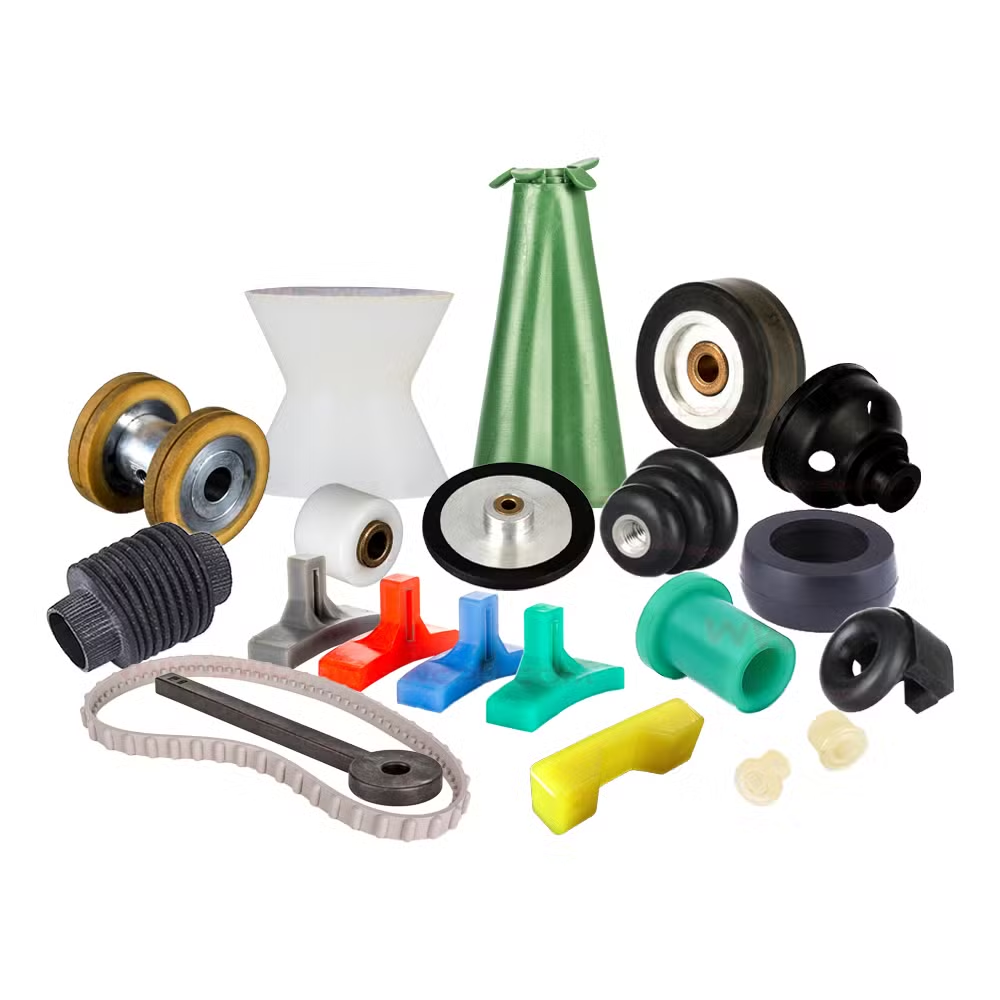
Cognitive Bias – How it Affects You
When people hear the word bias, they immediately think of racial prejudice. However, we are all guilty of another form. Every person, every day, takes actions or remains passive due to beliefs and perceptions that they are unaware of, but play a massive role in how they act. Cognitive biases are ways of thinking or systematic errors in the process that happens when people interpret information in a way that doesn’t necessarily reflect reality but guides their decision-making c.w. park usc lawsuit.
No one can deny that each of us sees the world through our lens. Past experiences, social factors, and preconceptions affect how we process information. Over time, our brains have created shortcuts on what information we keep and what we throw away. Each of us is a complicated cognitive machine that tries to be rational but often comes to inaccurate conclusions. Today, we get flooded with information from all sides, and our minds develop ranking systems, which aren’t entirely objective.
Probably, the most famous example is, which is the tendency to search out information that confirms or supports our values and beliefs. Another good example is the Monte Carlo fallacy. Many gamblers believe that if they lose numerous spins on the roulette wheel, that they are due for a win, even though the remains the same on every spin. They believe that they can predict future possibilities based on past events.
Cognitive biases lay in people’s intuition, and they lead to the use of logical fallacies. Emotions, individual motivations, and social pressure can all play a role in how we think, and they can contribute to us making decisions that are not beneficial.
Hot & Cold Cognition
Psychology lists numerous, too many to mention here, but it categorizes them in two main groups, hot and cold. Hot cognition is when a person’s reasoning gets influenced by their emotional state. Meaning, emotions guide a person’s decision-making. It usually leads to rapid reactions and bad choices. According to experts, hot cognition can often appear in religious and political contexts, as these tie into moral issues.
The self-serving bias falls under the category of a hot, evident when people take credit for their successes, attributing them to factors, such as their character, but fail to take responsibility for their failures. They feel a need to enhance their self-esteem, and they do so. Another example of a hot bias may be a juror believing that a defendant is innocent due to a sexual attraction. The juror doesn’t want to associate negative characteristics to someone he/she feels desires rusticotv.
Cold cognition implies a mental process independent of emotions, involving logical and critical analysis. As such, this type of bias may exemplify the limitations of our cognitive capacity. An example of this is the telescoping effect when people cannot accurately perceive the distance between past events. Some may appear more remote than they are, and distant ones may appear recent. Thus, a person can make a bad decision due to the way their mind works rather than their emotional motivation.
Overcoming Cognitive Biases
It may be hard to re-wire your brain, but can help minimize biases and help people overcome them. The first step is to be aware that biases do exist, that you have them, and that they influence your thinking. You have to try to look at things from other people’s perspective and ponder if you’re looking at the whole picture, or are you missing something? Never be overconfident, and always look to take in an outside view.
After making a decision, perform self-analysis, and think about the factors that contribute to you making that choice. Was it self-serving? Did you cave into peer pressure? Was it because of a specific belief reaffirmed by an authority figure? Keep a diary, and ask yourself – did I fall prey to a confirmation bias today? Do not be afraid to ask for feedback about some of your life choices. Examine what others tell you, and how it correlates to what is in your head. Was your interpretation of reality spot on, and did it lead you to make the correct choice?
Look to challenge your biases. If you become aware that specific factors affect the way you think and your choices, try to challenge them. Was what led you to these conclusions accurate? Are you giving too much weight on a specific factor? If yes, think about why that is, and why did you let it happen. Try to be objective so that you can grow. sets in overtime, and it gets amplified by negative emotions, exhaustion, and other stressors.


